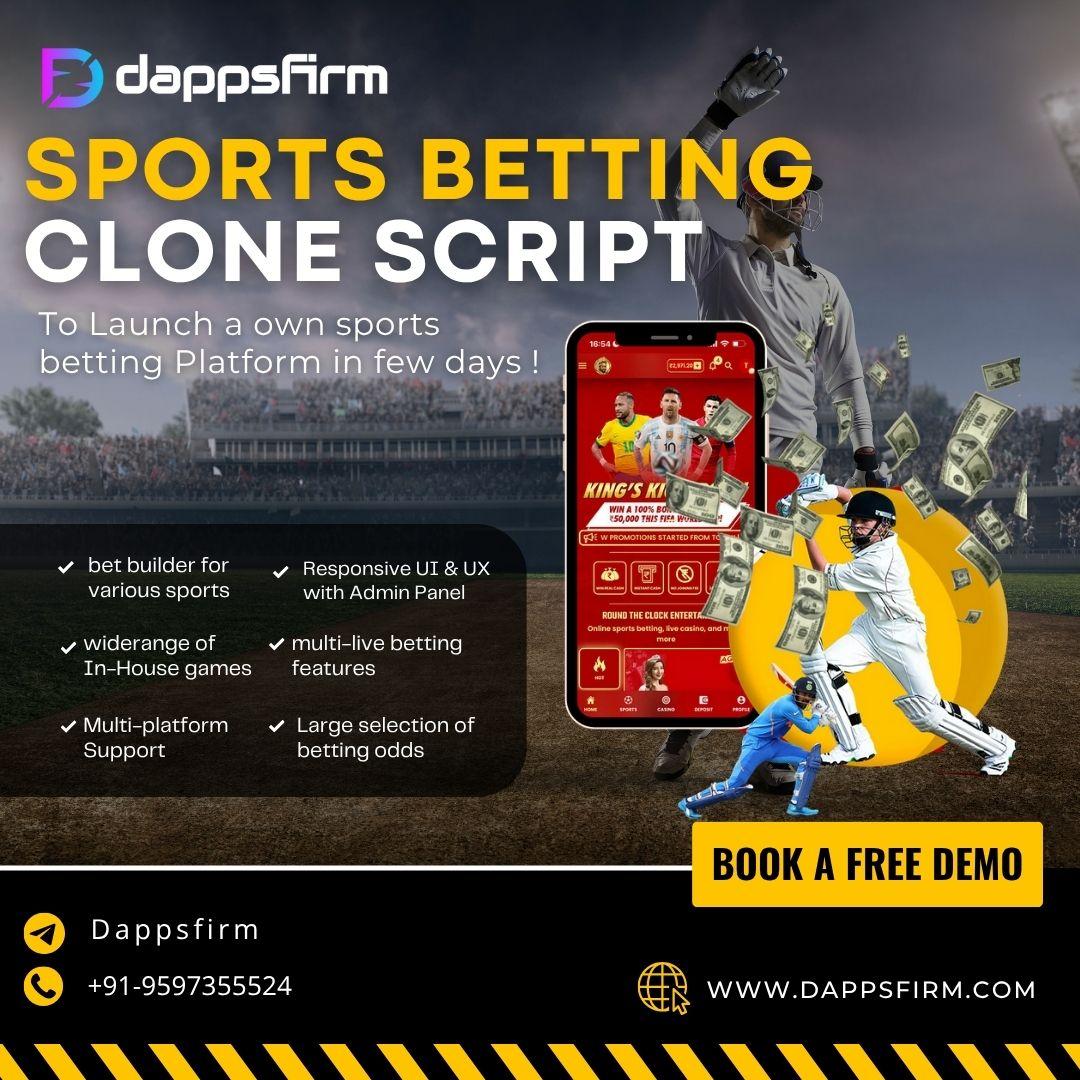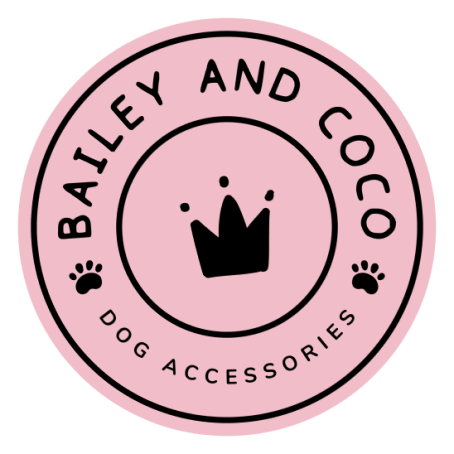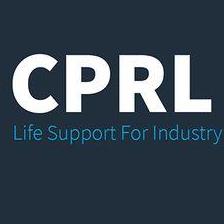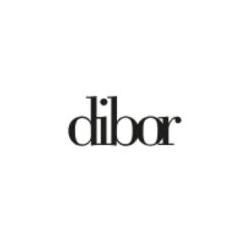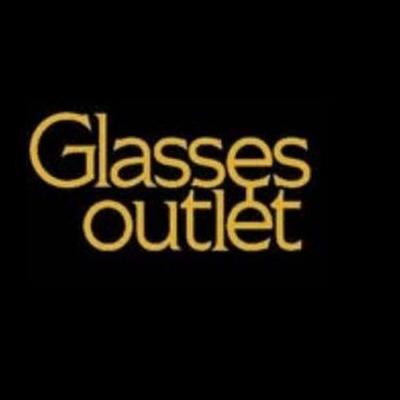In today’s dynamic business environment, companies are increasingly turning to flexible office solutions to meet their changing needs. Serviced offices provide a smart and cost-effective alternative to traditional office leases, offering ready-to-use workspaces with a range of amenities and minimal overhead.
https://robinsmithu.livepositively.com/a-complete-guide-to-finding-the-best-serviced-offices-uk-for-your-team/
https://robinsmithu.livepositively.com/a-complete-guide-to-finding-the-best-serviced-offices-uk-for-your-team/
In today’s dynamic business environment, companies are increasingly turning to flexible office solutions to meet their changing needs. Serviced offices provide a smart and cost-effective alternative to traditional office leases, offering ready-to-use workspaces with a range of amenities and minimal overhead.
https://robinsmithu.livepositively.com/a-complete-guide-to-finding-the-best-serviced-offices-uk-for-your-team/
0 Comments
0 Shares

